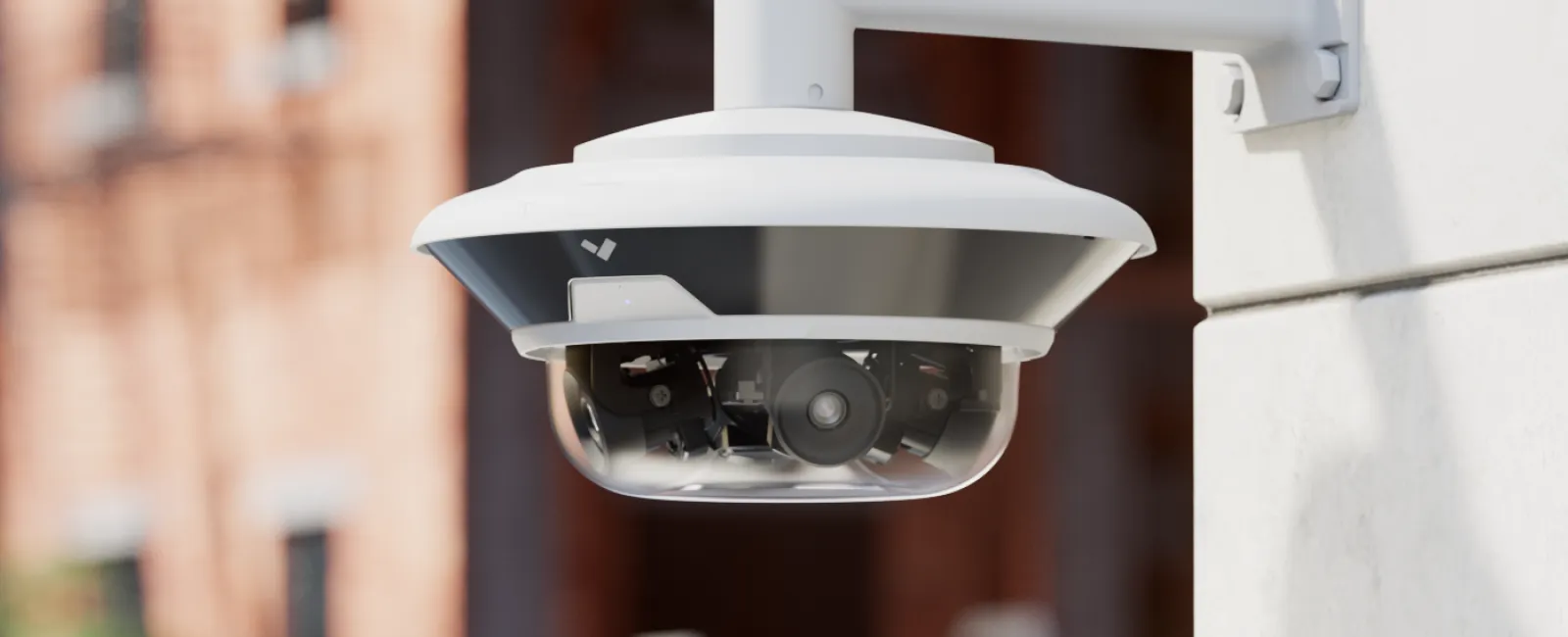February 05, 2025
Security camera footage protects businesses from theft, vandalism, liability claims, and other security threats. However, many business owners face one key question: how long to retain recorded footage. The retention period depends on storage capacity, legal requirements, and industry regulations.
Common Security Footage Retention Periods
The duration for which security cameras store footage varies based on business size, storage capability, and compliance requirements. Here are the standard retention periods:
Short-Term Retention (24 Hours to Two Weeks)
Due to limited storage, many small businesses and residential security systems retain footage for one to two weeks.
Surveillance systems with continuous loop recording may overwrite footage within 24 to 48 hours in high-traffic areas.
This timeframe suits low-risk environments where immediate monitoring is the primary concern.
Mid-Term Retention (30 to 90 Days)
Many businesses, such as retail stores and office buildings, keep security footage for 30 to 90 days to cover potential disputes or incidents.
Some state and industry regulations require businesses to store footage for at least 30 days, particularly in the finance, healthcare, and hospitality sectors.
Larger businesses with greater storage capacity opt for retention within this range to ensure adequate security coverage.
Long-Term Retention (Six Months to One Year or More)
Organizations in high-security environments, such as banks, casinos, and government facilities, often retain footage for six months to one year or longer.
Regulatory compliance in sectors like law enforcement, healthcare, and financial services may mandate extended retention periods.
Some businesses store footage for years if it is tied to an ongoing legal case, insurance claim, or audit.
Factors Affecting Security Footage Retention
Several factors determine how long businesses can or should retain security footage, including storage limitations, industry compliance, and security needs.
Storage Capacity
Storage space directly impacts retention periods. Factors affecting storage include:
Resolution and Frame Rate: Higher resolution (HD, 4K) and frame rates (30fps, 60fps) create larger files, reducing retention time.
Recording Mode: Continuous recording consumes storage faster than motion-activated or scheduled recording.
Storage Solutions: Local storage (hard drives, network video recorders) may have limited capacity, while cloud-based storage can extend retention but comes with recurring costs.
Legal and Industry Regulations
Many businesses must comply with federal, state, or industry-specific regulations dictating minimum retention periods:
Financial Services: Banks and financial institutions may need to store footage for 30 to 90 days under regulations such as the Gramm-Leach-Bliley Act (GLBA).
Healthcare: While HIPAA does not specify a retention period, many hospitals and clinics store footage for 30 to 90 days to maintain patient privacy and compliance.
Retail and Hospitality: Certain payment processing guidelines, such as PCI DSS, require footage retention in areas where financial transactions occur.
High-Risk Industries: Casinos, government facilities, and law enforcement agencies may need to store footage for one year or longer due to security policies and legal requirements.
Security and Liability Considerations
Businesses should consider liability risks even if regulations do not mandate long retention periods. Retaining footage for an appropriate period allows companies to:
Provide evidence in theft, vandalism, or legal disputes.
Protect against fraudulent claims and workplace incidents.
Support insurance investigations and compliance audits.
Choosing the Right Storage Solution
To balance storage capacity and retention needs, businesses should consider various storage options:
1. On-Camera Storage
Uses SD or microSD cards within cameras.
Best for small-scale setups with limited footage needs.
Short retention (a few days to a couple of weeks).
2. Local Storage (DVR/NVR Systems)
Stores footage on hard drives, solid-state drives (SSD), or network-attached storage (NAS).
Provides greater storage capacity for on-site security needs.
Retention periods vary from weeks to months based on system configuration.
3. Cloud Storage Solutions
Stores footage remotely, allowing scalability and remote access.
Offers off-site backups, protecting data from theft or physical damage.
Typically requires monthly or annual fees based on storage limits.
Ideal for businesses requiring long-term retention.
Strategies to Optimize Retention
Businesses can maximize storage while maintaining an effective security system by implementing the following strategies:
Use Motion-Activated Recording: Reduces storage needs by recording only relevant events.
Optimize Resolution Settings: Balance quality and file size to extend retention.
Schedule Regular Exports: Save critical footage externally for future reference.
Implement RAID Storage: Redundant storage protects against data loss.
Adopt Advanced Compression (H.265 Encoding): Reduces file sizes while maintaining video quality.
Conclusion
Determining how long to retain security footage depends on business needs, compliance requirements, and storage capacity. For most businesses, 30 to 90 days offers an ideal balance between security and practicality. However, high-risk industries or regulatory requirements may necessitate longer retention. By choosing the proper storage solution and optimizing video settings, businesses can maintain necessary footage without excessive storage costs.
If your business needs a customized security solution, contact iS3 to discuss storage options and surveillance best practices.
